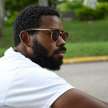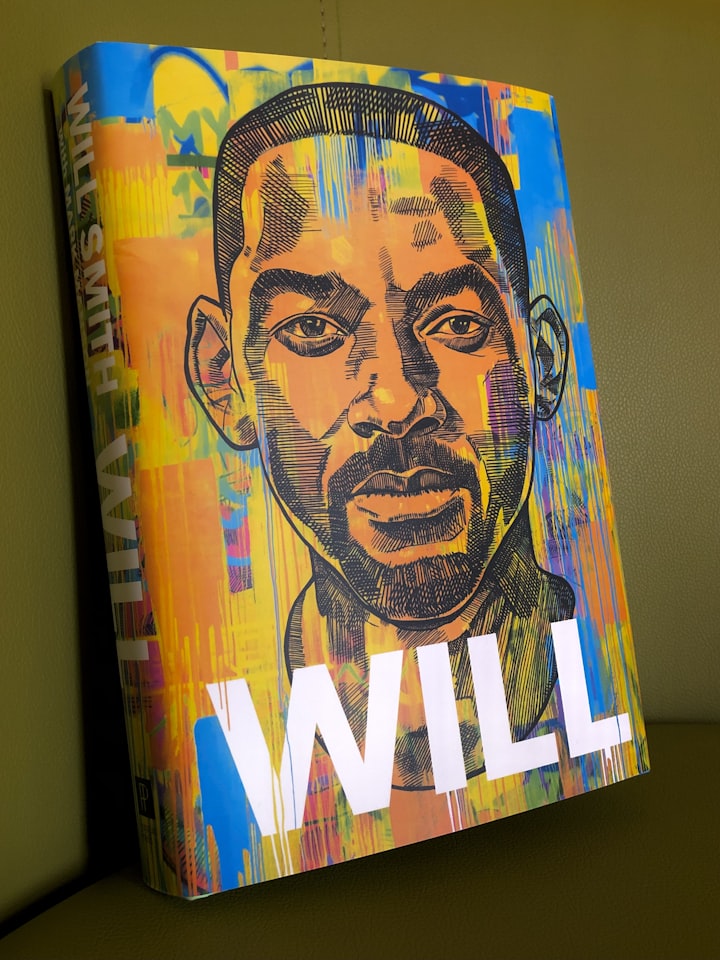“You are what you love, not what loves you.”
Lessons from the movie "Adaptation"

It’s easy to forget how much we love love. I know someone read that last sentence and protested that they haven’t forgotten, but I think we all forget. I think we forget more often that we’d care to admit or know.
The realization comes in when our beloved relationship is over or threatened. You remember what you have or had to lose. Then you consider the giant emotional chasm that will heal over time but the crater illustrates the magnitude of the relationship.
Even when we end relationships that are less than pleasant, we inevitably miss the good. We leave in anger and stay in anger because we’re afraid to give credit for the good stuff and the lessons. We think anger keeps us safe.
Nevertheless, there’s a wound. If that wound isn’t cleaned and bandaged, it will infect who you like, who you date and how the relationship will pan out.
You might’ve heard that a million times already. You might’ve heard it for the first time today. Regardless, the wounds one suffers and the red flags one misses are crucial for one’s personal development and for future relationships.
In the movie, Adaptation, there’s a scene where Charlie Kaufman talks to his brother Donald and admits that he admires Donald because he’s oblivious to what others think of him. Charlie laments how much the opinions of others matter to him.
As an example, Charlie reminds Donald of the time he saw Donald flirt with a girl named Sarah and that she flirted back with him. Donald remembered how much he loved her too. But when Donald walked away from Sarah, Charlie saw her making fun of Donald with another girl.
But Donald wasn’t oblivious to this; he overheard the girls laughing at him too.
Charlie then asks Donald, if he heard them laughing at him, why was he still happy? Donald simply responded that he loved her and that the love he had was his. He was free to love whoever he wanted and no one could take that away from him. Sarah laughing behind his back wasn’t his business; he didn’t own that. That was hers.
Donald then says, “You are what you love, not what loves you.” To which Charlie responds, “Thank you.”

If most of us went through what Donald did, we would harbor resentment. Our love would turn to hate or depression. We would question why people are the way they are. We would wish for change. But Donald’s reaction is the perfect reaction in such a circumstance. Why?
Firstly, there is a reason he loved the girl. Something within him felt affection for someone who evidently wasn’t kind or polite. If he harbored resentment, if he judged her character, or if he hated himself for loving someone so cruel, he would be opening a wound because that is the primary thing resentment does.
But in the movie, he’s having way better luck with women than Charlie. Charlie was locked in his mind while Donald was free. Charlie couldn’t tell the woman he loved how he felt but Donald got a girlfriend only days after meeting her. Charlie was wounded, Donald was healed and a healer.
Secondly, it is by honoring his love for the girl who ultimately didn’t like him that he was free from repeating the same mistake.
What we tend to do when someone we like hurts us is rip up the love we felt, pour gas on it, light a match and watch the love turn into hateful ashes. We think we are doing ourselves a favor but nothing could be further from the truth.
It’s just as Donald said. The experience of love you had was yours and no one can take that away from you. But this is where I’ll add my two cents by saying that you shouldn’t be taking the love away from yourself either!
By torching the love you felt, you are torching love itself as well as an aspect of yourself. We never want to believe that we are like the people that hurt us. We never want to consider that we are attracted to people who expose our wounds.
And yet, is there anything truer than this? I’ll speak for myself but I doubt I’m alone in this regard. When things went awry in a relationship, I pointed fingers and I felt anger, whether that was to the woman I liked, to myself or both.
It was only when I acknowledged and honored the experience I was having did I realize that no one wins the blame game. Moreover, who’s at fault isn’t the point. It isn’t even important. As a matter of fact, that was one of my own blind spots.
This is why we have relationships. Intimate relationships allow each person to be a mirror for one another’s traits. It is incredibly hard to spot your own red flags unless you see the ramifications of your actions, and woe be unto you if you don’t.
When Donald maintained his love for Sarah, he was free from unconsciously inflicting the same wound onto someone else and was later able to choose someone who really loved him. That’s what love does; it reveals truth. Hate burns up the answer sheet, leaving you vulnerable for the next test.
It’s like I said at the start. We think hate keeps us safe. In reality, you’re drinking poison and expecting the other person to die. Someone hurt you and you think replacing your love with hate is going to do something beneficial for you.
This has never worked for me. Not once. Not ever. The only thing that happens is that you become a more unloving person.
Unfortunately, because hating the people we used to love is so routine, I doubt people are going to see the genius of Donald’s choice to maintain his love. Come to think of it, it’s not even that smart because doesn’t it feel better to love? Isn’t it such a drag to maintain hate for people?
Everyone else is working harder but Donald was working smarter, and as it turns out, the smarter way was the more loving way.
Finally, if you maintain the default response of resenting people who hurt you and then you examine the notion that you are what you love, not what loves you, you might think you’re a cheater, liar, vengeful, irresponsible, selfish and any other criticism of the person who hurt you.
But if you adopt Donald Kaufman’s method of maintaining love even after being hurt, you will realize that you love a flawed human being because you are a flawed human being.
If that’s not good enough, I wish you all the best on your quest of finding the perfect person.
About the Creator
Jason Henry
Former Educational Psychologist | Current Writer | Constant Learner
“By your stumbling the world is perfected.”






Comments
There are no comments for this story
Be the first to respond and start the conversation.